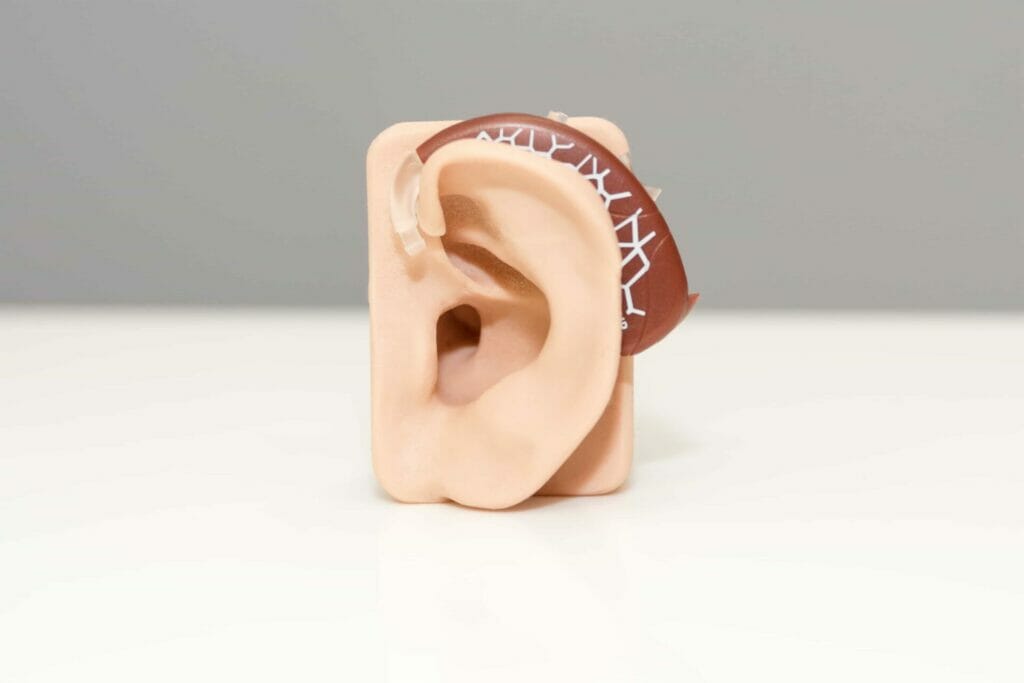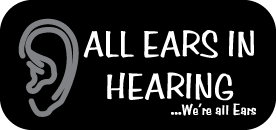The Pros and Cons of buying cheap hearing aids

Hearing aids are essential devices for people with hearing loss, and while there are many affordable options available on the market, it’s important to understand the pros and cons of buying cheap hearing aids.
In the ever-evolving world of technology, affordable hearing aids have emerged as an attractive option for individuals with hearing loss. While these devices can provide relief and assistance to a wide range of users, it is essential to weigh the pros and cons before deciding to invest in them.
The allure of cheap hearing aids is undeniable, but it is crucial to understand the trade-offs and potential compromises that might come along with the reduced price. In this article, we will explore the advantages and disadvantages of purchasing low-cost hearing aids, including factors such as sound quality, durability, customisation, and aftercare services.
By examining these elements, we aim to provide a comprehensive overview that can help you make an informed decision about whether cheap hearing aids are the right choice for your unique needs and circumstances.
Pros of buying cheap hearing aids:
- Affordable: The most obvious advantage of buying a cheap hearing aid is the cost. Cheap hearing aids are typically much less expensive than their high-end counterparts, making them more accessible to people on a tight budget.
- Basic features: Cheap hearing aids usually come with basic features, such as volume control and noise reduction, which can still be helpful for people with mild to moderate hearing loss.
- Improved hearing: Even a basic hearing aid can greatly improve your hearing and quality of life, so a cheap hearing aid may be a good choice for someone who just needs a little boost in their hearing ability.
Cons of buying cheap hearing aids:
- Poor sound quality: Cheap hearing aids often have lower quality sound, which can make it difficult to understand speech or hear certain sounds. This can be especially problematic in noisy environments.
- Short lifespan: Cheap hearing aids may not last as long as higher-end devices, which means you may need to replace them more frequently, costing you more money in the long run.
- Limited features: Cheap hearing aids usually come with limited features, which may not be enough to meet your specific hearing needs. For example, if you have severe hearing loss, a basic hearing aid may not be powerful enough to provide the amplification you need.
- Unreliable: Cheap hearing aids may be less reliable than more expensive models, which can lead to malfunctions and repairs. This can be frustrating and inconvenient, especially if you rely on your hearing aid on a daily basis.
- Lack of customisation: Cheap hearing aids may not be customizable to your specific hearing needs, which can result in suboptimal performance.
- Durability concerns: Lower-cost devices may be made from less durable materials, increasing the likelihood of damage or malfunction over time.
- Insufficient aftercare services: Inexpensive hearing aids might not come with comprehensive warranties, professional fittings, or follow-up adjustments, resulting in additional costs and potential discomfort.
- Fewer options for style and design: Affordable hearing aids may be available in a limited range of styles, making it harder for users to find an aesthetically pleasing or discreet option.
- Potential for poor battery life: Cheap hearing aids may have lower-quality batteries that require more frequent replacement or recharging, increasing ongoing costs and inconvenience.
- Inadequate feedback management: Lower-priced devices might not effectively manage feedback (whistling sounds), leading to an unpleasant listening experience.
- Lack of professional guidance: Purchasing affordable hearing aids online or from a non-specialist vendor could mean missing out on expert advice, increasing the risk of choosing an unsuitable device.

In conclusion, cheap hearing aids can offer an accessible and budget-friendly solution for individuals with hearing loss. However, potential buyers should be aware of the trade-offs that come with a lower price. While these devices may provide some degree of hearing assistance, they often lack the sound quality, features, customization, and durability found in more expensive models.
Additionally, aftercare services, battery life, and professional guidance may be limited or lacking altogether. It is essential to carefully consider both the pros and cons of affordable hearing aids to determine whether they align with your specific needs, preferences, and expectations. Ultimately, investing in a hearing aid is a personal decision that requires thorough research and consultation with a hearing care professional to ensure the best possible outcome for your hearing health.
DISCLAIMER:
The information on this website is provided for educational purposes only. We do not support, nor recommend any products or treatments without proper hearing diagnostic and proper hearing evaluation. All users must seek professional advice before beginning treatment as well as inform themselves of known side effects/risks associated with said procedure(s).
Check more related topics below.
Of our 5 senses, hearing is probably the most important for our feeling of connection to the world around us. It allows us to communicate with friends and family, enjoy the sounds around us like music or nature and helps keep us safe by alerting us to warning signals, the various sounds in traffic and other forms of danger. To properly understand how we conduct a hearing test, it is best to understand how the ear works.
When you invest in a new pair of hearing aids, it’s important that they match your lifestyle, needs, and budget. Here we will discuss what factors go into determining the best option for you and the importance of why you shouldn’t sacrifice your hearing health for a cheaper hearing aid.
